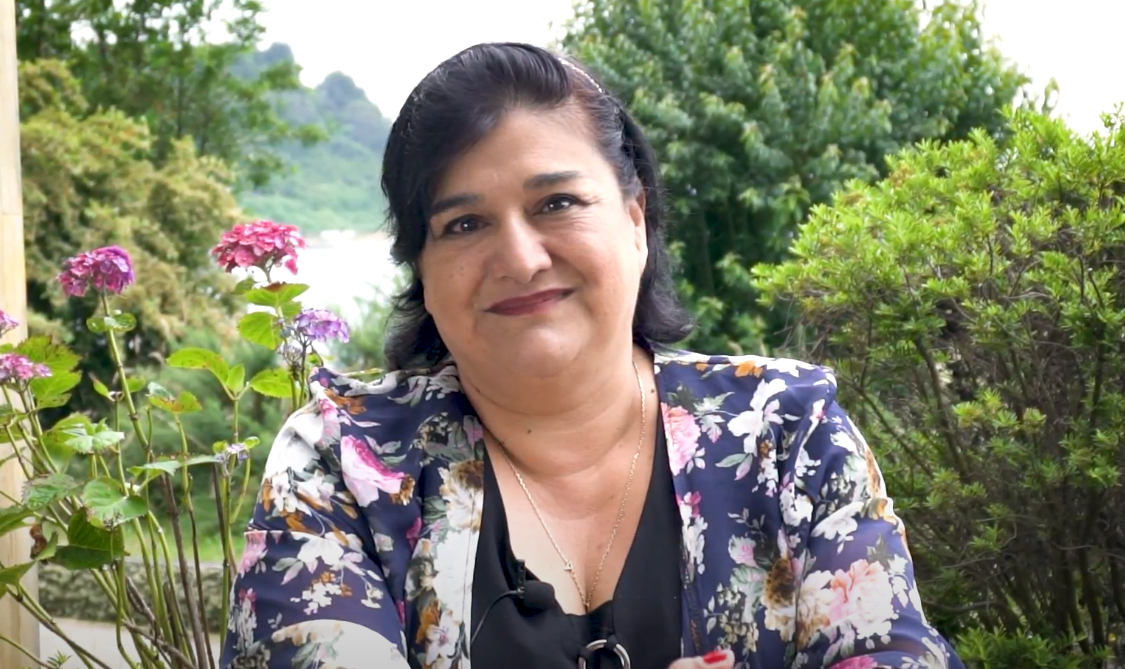
Elizabeth Pulgar, president of the Salmones Austral Inter-Company Union.
Elizabeth Pulgar, counselor of the Coordinator of Workers of the Salmon Industry and related branches, president of the Interempresa Salmones Austral union, comments on what was experienced this week in the Aysén Crubc on the vote that rejected by a large majority the claim of the Antünen communities Rain and Pu Wapi by ECMPO Huichas and Cisnes Islands.
“It was a very exciting moment because the consequence of the resounding rejection of February 29 was maintained, where as industry workers we moved forward to demonstrate, not only for the salmon farming industry but for the inhabitants of the Aysén region, that what was required was a attack on the development and growth of the region,” says Pulgar.
The above, he emphasizes, “without failing to consider that it would also affect other regions such as Biobío and Los Lagos, specifically Quellón (due to other ECMPOs that are being requested and voted on today). The arguments for the rejection were categorical, and the reasons mentioned on February 29 were maintained by all voters.”
“Today we have seen that many of the representatives of different indigenous communities and NGOs lower their profile for the purposes of the law, but there is no certainty what will happen with the administration plans and who will be admitted,” says the union leader.
As workers, he maintains, they are not against the Lafkenche Law, but rather it is being misused; an example is what happened at the CRUBC Aysén where the proportion of what was requested is disproportionate. These communities were very poorly advised by the NGOs that are behind them, unfortunately generating conflicts with neighbors, authorities and productive sectors.”
“We hope that the CRUBC of Puerto Montt becomes aware of what happened in Aysén and on June 7, if they approve the EMCPO of Chiloé, which are five, they will attack the development and growth of the Island and the region, and not only for the salmon farmers, but for all the other economic activities that exist on the coastline,” emphasizes the representative of the salmon workers.
“It is the duty of the State to safeguard national security, provide protection to the population and the family, promote their strengthening, promote the harmonious integration of all sectors of the nation and ensure the right of people to participate with equal opportunities in national life,” Elizabeth Pulgar makes clear.
Source: www.salmonexpert.cl

